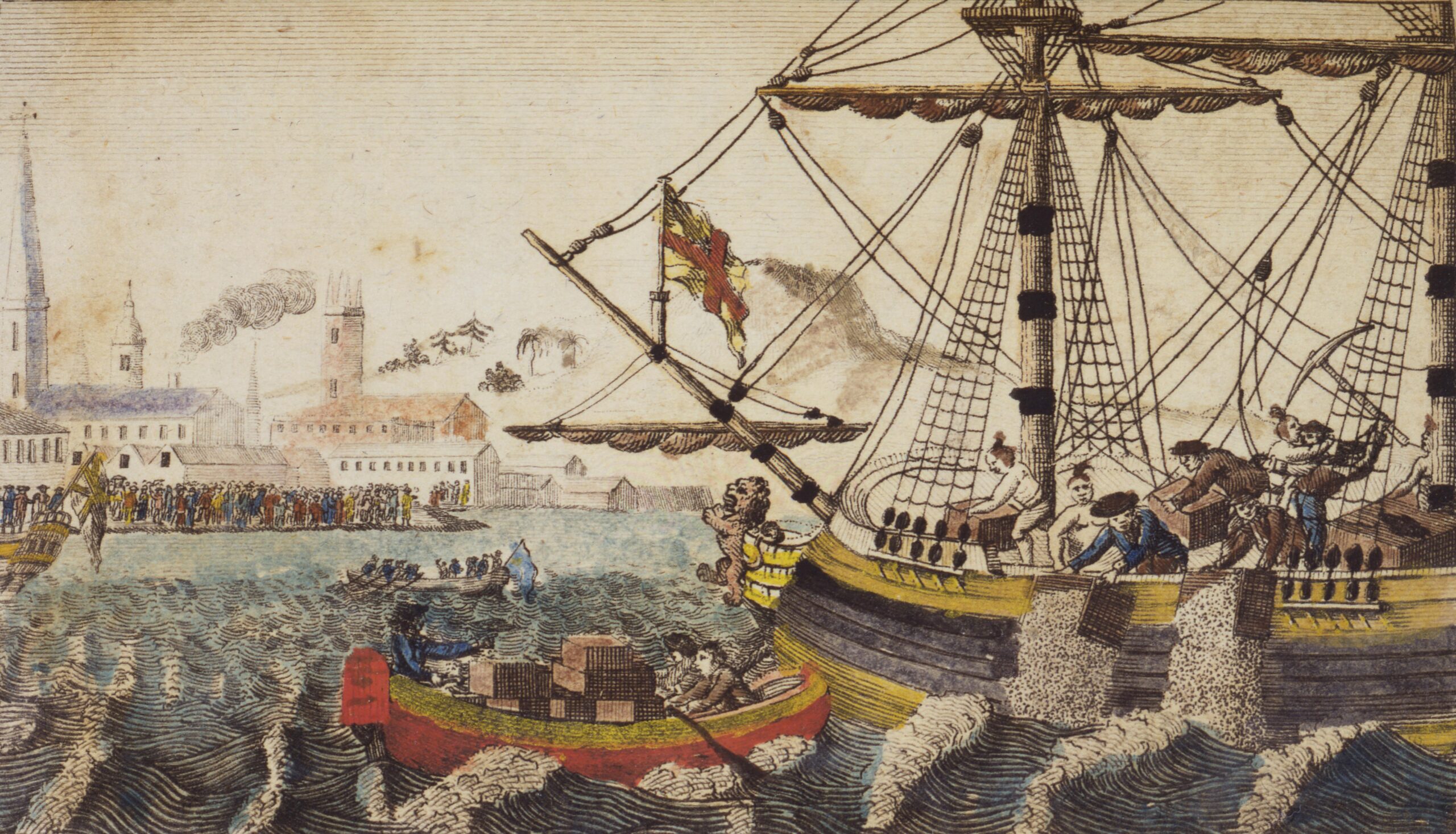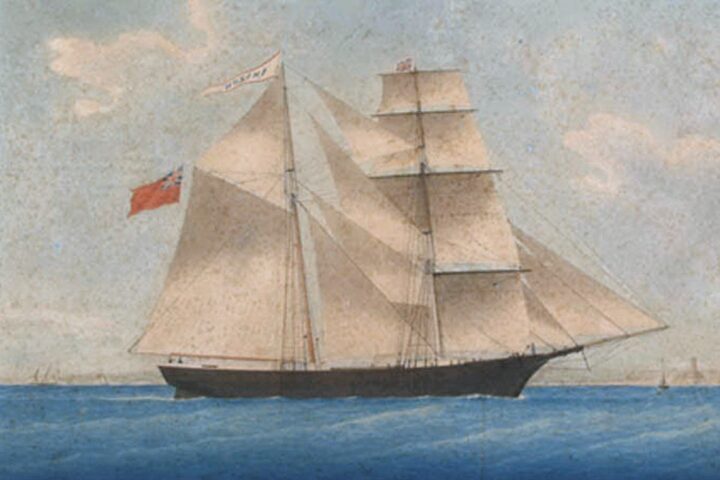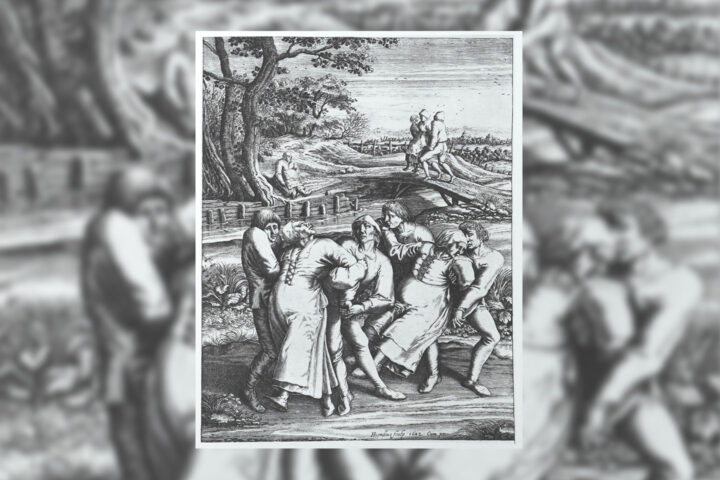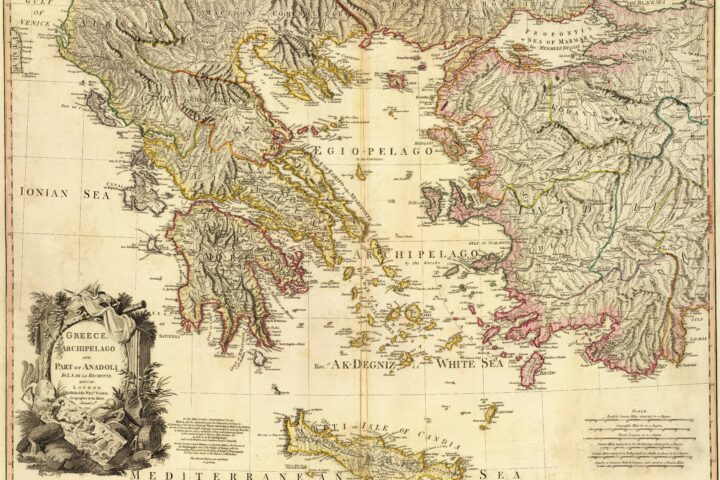Source: By Original uploader was Cornischong at lb_wikipedia_W D Cooper_ Boston Tea Party_
Introduction
The Boston Tea Party is the sine qua non event in the American Revolution, which occurred on December 16, 1773. It was a sensational step in protest against the British government’s levying taxes on tea-a highly sought-after product by the people in the American colonies. Such a trivial incident finally blew into a blaze and saw the birth of a new nation.
The Tea Act of 1773: A Taxing Matter
The immediate cause of the Boston Tea Party was the Tea Act of 1773, a British law that the British formulated to rescue the failing East India Company. This British trading company had assumed heavy debt from mismanagement and smuggling of goods. The British Parliament gave the company a monopoly on the tea trade of the American colonies through the Tea Act, in order to enable the company to surmount its financial crises.
It provided that the East India Company should sell tea directly to American colonists without using the colonial merchants who for a long time had dominated the tea trade. This was in a view to make the colonists pay a lesser price for the same tea as compared to the existing price, therefore giving it an opportunity of being competitive with the smuggled tea. However, the Act also had a provision for allowing the Company to collect a tax on the sale of tea in the colonies.
Resistance of Colonists to Taxation
The Tea Act really irritated the colonists as another manifestation of British tyranny. Protests
were already conducted against other taxes imposed by the British government, for example, the Stamp Act and the Townshend Acts. These taxes were simply unjust and not fair at all, for the colonies did not have any representation in the Parliament of Britain.
The colonists felt they were entitled to the rights of Englishmen and that taxing them without representation was a violation of these rights. They felt that a right of self-government existed along with a denial of any possibility of the British government to exercise its sovereignty over them in some form, such as taxes, without their approval. The Tea Act thus directly challenged that principle, which in turn evoked widespread resistance across the colonies.
The Sons of Liberty: The Architects of Defiance
One of the more major groups during the resistance to British taxation was a secret society going by the name the Sons of Liberty. It was founded in 1765 as a result of the Stamp Act and was at that time active in the colonies. The Sons of Liberty were composed of average middle-class colonists such as merchants, artisans, and others who were worried about the increasing power of the British government.
They organized protests, boycotts, and other forms of resistance against British policy. They were also responsible for a number of acts of violence, like the tarring and feathering of British tax collectors. In the case of the Tea Act, the Sons of Liberty took matters into their own hands and organized the Boston Tea Party.
The Boston Tea Party: A Night of Defiance
The Boston Tea Party occurred on December 16, 1773, when disguised Sons of Liberty entered Boston Harbor aboard British ships and tossed crates of tea overboard in the face of unfair taxation via the Tea Act. The Boston Tea Party was an act of protest through sending a strong message to Great Britain.
The town meeting organized in Boston by radical protest leaders significantly rejected the offer and made demands for money compensation. The outcomes were far-reaching and serious: more than just a protest against the Tea Act, the Tea Party was considered a grand statement of colonial resistance to British rule. It demonstrated to the British government that under no conditions were the colonists going to tolerate oppressive policies.
The Consequences of the Boston Tea Party
The Boston Tea Party proved to have really far-reaching effects. In response to the event, the British government enacted the Intolerable Acts, a set of severe laws as a way to punish the colonists for the incidence of their defiance. Some of these laws are the Boston Port Act, which resulted in the closing of the port in Boston until such time the colonists paid for the destroyed tea.
The Intolerable Acts continued to increase the friction between the colonies and Britain and took the colonies closer to open rebellion. In 1775, the American Revolution finally erupted when the battles of Lexington and Concord took place. The Boston Tea Party, though appearing like a small incident, was instrumental in bringing forth this conflict.
The Boston Tea Party: Symbol from Resistance
Today the Boston Tea Party remains for us a great symbol of the defiance of tyranny, where people acted bravely in a way further shaping the future of America. The event also serves as a reminder that it is important to stand up for oneself and the fight for one’s right.
The Boston Tea Party was a catalyst for the American Revolution. This was a turning point for the colonists, giving them realization that they could stand up to British rule and make their own fate. This also forged an American identity-a people destined to create a nation.
The Boston Tea Party: A Catalyst for Revolution
While the Boston Tea Party was such an integral moment in the American Revolution, it was not an independent occurrence but rather an event that had been born from years building the tension between the American colonies and the British government. The Boston Tea Party was a surprising act of resistance to British taxation; the event literally did set off a revolutionary war that resulted in the birth of the United States of America.
The Roots of Colonial Discontent
The American colonies had much independence, given that they had originally been established as adjuncts to the British Empire. On the other hand, the consolidating policies of the British government, especially in the mid-18th century, began to demonstrate a new marked assertiveness about their independence. The Stamp Act of 1765 imposed direct taxation on legal documents and newspapers. This move really marked a new significance in direct taxation upon the colonies. This act resulted in large protests and boycotts, and finally repealed the Stamp Act in 1766.
But all these did not debar the British from enforcing charges in the colonies through the enactment of the Townshend Acts in 1767, which was intended to put duties on such imports as tea, glass, paper, and so forth. In return, the colonists renewed their protests with boycotts, and the British government was forced in the end to repeal most of the Townshend Acts.
However, the last straw in regard to the trade in tea in the American colonies occurred when the Tea Act of 1773 was passed, giving a monopoly on tea sales to the East India Company. This act, along with other taxes, gave the colonies a strong sense that this was unfair. The Boston Tea Party became the direct outcome of such a growing sense of unfairness.
The Boston Tea Party as a Symbol of Defiance
The Boston Tea Party was not only an act of resistance against the Tea Act but also a declaration of colonial resistance against British rule. The Sons of Liberty, radical colonists, coordinated the event to resist British rule and unfair tax impositions. By throwing so much tea into the Massachusetts Bay, the Sons of Liberty clearly showed the colonists’ intentions: they were highly upset, and they wouldn’t take it—British oppression.
But the Boston Tea Party was symbolic, representing the kind of resistance spirit that was now being nurtured by colonists. That was clear evidence that the colonists would no longer want to be considered second-class citizens and were even ready to fight for their rights.
The Intolerable Acts: A British Response
After the Boston Tea Party, the British government passed a series of hard laws, known as the Intolerable Acts, to punish the colonists for their defiance. The three laws were the Boston Port Act that sealed-off Boston’s harbor until such a time the colonists paid for the destroyed tea; the Massachusetts Government Act, which stripped away the colonist’s right to self-government; and the Quebec Act that expanded the Canadian province of Quebec and gave Catholics religious freedom. The intolerable acts were a move that was obviously being made to deny the colonists the ambitions they sought. Acts empowered greater unity amongst the colonies and helped mold independence sentiment teeth; this had been done previously by increasing propaganda and frequent acts of protest.
The First Continental Congress: A Call to Arms
In reaction to the Intolerable Acts, representatives from twelve of the thirteen met in Philadelphia in 1774 to set up the First Continental Congress. They adopted, in point of fact, a Declaration of Resolves, which actually called for the boycott of British goods and, again, a repeal of the acts.
The First Continental Congress was a very vital step in the name of colonist unity. It proved that the colonies acted collectively in the defense of their rights. It also laid the foundation for the Second Continental Congress, which would eventually make the declaration of America’s independence.
The Road to Revolution
All in all, everything was considerably interconnected-from the Boston Tea Party to events that finally led to the outbreak of the American Revolution. Some of the factors which contributed to the increased resentment against British rule in the colonies, economic hardship due to the policies made by the British, and the desire for self-government created the perfect storm that would constitute the outbreak of the Revolution.
While the Boston Tea Party was not the sole cause of the American Revolution, it surely proved to be a very significant turning point. An act of defiance, more symbolic than real, it gave the colonists that final push needed to galvanize and get themselves ready for the struggle of independence.
Legacy of the Boston Tea Party
The Boston Tea Party remains a landmark in American history. That was a bold act of resistance that helped to form the course of the American Revolution and the establishment of the United States of America.
At the same time, the event reminds us to fight for what we believe in and stand up for justice. The destruction of the tea became a symbol of people’s power and of the power professed by ordinary citizens: the contrast with tyranny and the ability to secure a future.
Sources:
- https://en.wikipedia.org/wiki/Boston_Tea_Party#:~:text=To%20protest%20British%20Parliament’s%20tax,%22No%20taxation%20without%20representation.%22&text=The%20demonstrators%20boarded%20the%20ships,of%20treason%20and%20responded%20harshly.
- https://www.britannica.com/event/Boston-Tea-Party
- https://www.bostonteapartyship.com/the-tea-act
- https://taxfoundation.org/blog/boston-tea-party-history/














